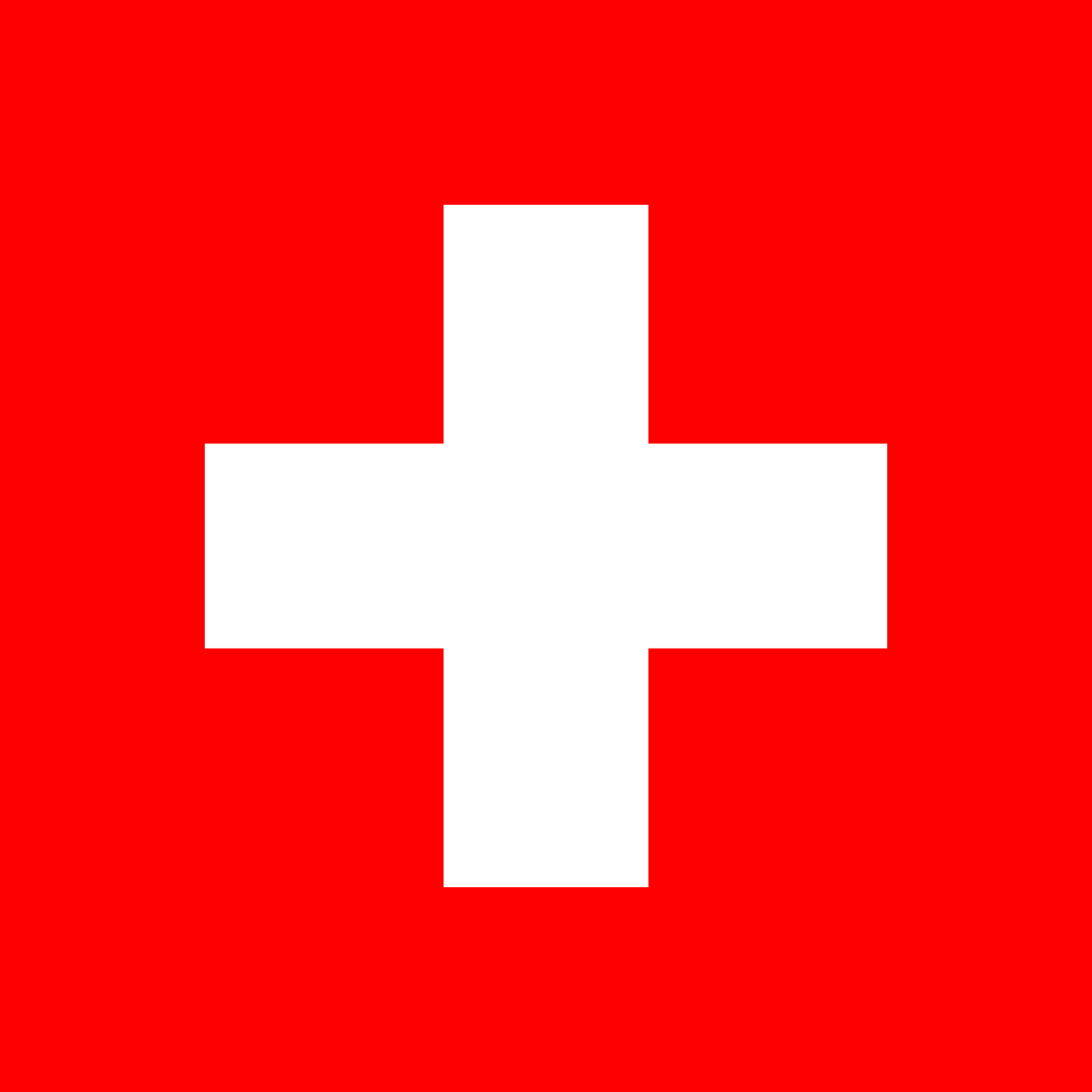
« More precise assessments are expected by the end of the year. »*
Lausanne municipal council in charge of social cohesion Emilie Moeschler
Lausanne draws an initial “very encouraging” assessment of its controlled cannabis sales premises. This place called Cann-L is generating some enthusiasm after four months of opening. Questioned Tuesday in the 12:30 p.m., municipal Emilie Moeschler is delighted with the first results of this experiment, report RTS.*
Cann-L now welcomes 800 consumers, who must be registered to purchase organic resins and herbs grown in a secret location in the region. Some 330 other people are waiting to be included and around thirty interested people make appointments each week.*
Being able to acquire cannabis in this location comes with participation in a study based on questionnaires.*
A question of public health*
“The first results are very encouraging”, declares Emilie Moeschler at the RTS microphone. “A lot of people came to register. The feedback from people registered in this regulated sales pilot project tells us how much they appreciate being able to buy controlled, quality products outside the illegal market, as well as the possibility of “be supported and advised on risk reduction”, explains the Lausanne municipal authority in charge of Social Cohesion.*
“This is the aim of this trial, oriented towards public health and non-profit. We should reach between 1200 and 1500 participants at the end of the year”, underlines the elected socialist.*
Consumers can also get contacts if they need help. Around twenty people spontaneously contacted the referring doctor at the CHUV. To date, only one person has excluded themselves from the project. This is a woman who gave up cannabis use when she learned she was pregnant.*
Cann-L is aimed at adults living in Lausanne and already consumers of cannabis. Among the 800 participants, 78% are men and nearly 70% have been consuming this plant for more than 10 years, describes the City of Lausanne. A little more than half take it daily or almost daily. The youngest person is 18, the oldest 80. The average age is 37.*
Products with a high THC level*
The self-financing objective should soon be reached, the Lausanne authorities also announce. A little more than half of sales concern products with a high THC level, between 15 and 20%. “The participants in this trial say they are moving towards products with THC levels a little lower than when they obtained cannabis on the black market,” notes Emilie Moeschler.*
The quantities of legal cannabis sold have continued to increase since the opening at the end of the year. In March, eight kilos of cannabis were sold, the equivalent of approximately 10% of the monthly illegal market. Data to assess the impact of regulated sales on the black market is still lacking, indicates Emilie Moeschler. More precise assessments are expected by the end of the year.*
** image
*** ndlr. : –.
